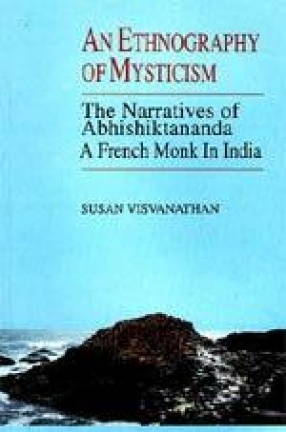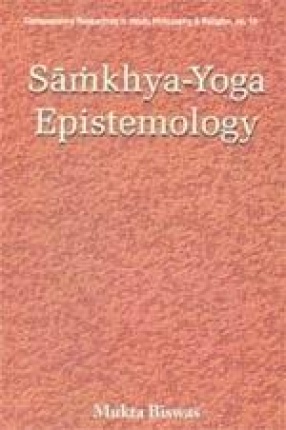This book proposes to draw significance of eating together that becomes discernible from the texts. As Paul confronts the issue at Antioch, he stresses certain concerns pertaining to social, religious and ethnic identity in Galatians. Also, Paul’s argument focuses on Jewish Law and how does it function in the lives of the both Jewish Christians and non-Jewish Christians.
This book has several purposes: the first objective is to understand why Paul confronted to Peter at Antioch. Secondly, in the setting of Antioch’s scene, how Paul emphatically declares both his independence from the Jerusalem apostles and the fact that, when they did meet, they agreed on the substance of the gospel and divided their areas of work. Thirdly, how eating together and socio-culture, religious issues related to it affect the identity of individual and community both in Galatians and Indian Context. Fourthly, to understand Christological and missiological framework of Paul and to relocate and redefine the Christian identity in pluralistic Context based on Paul’s Gentile Mission. Finally, who serves the best model/example of Christian identity in India, Paul or Peter?
All of Paul’s confrontations and arguments entreat the church as a community of believers in the Lord Jesus Christ where he focuses on individual liberty. The mutual up building and upholding corporate identity as believers in Christ are the main crux of Paul’s confrontation with Peter.





There are no reviews yet.